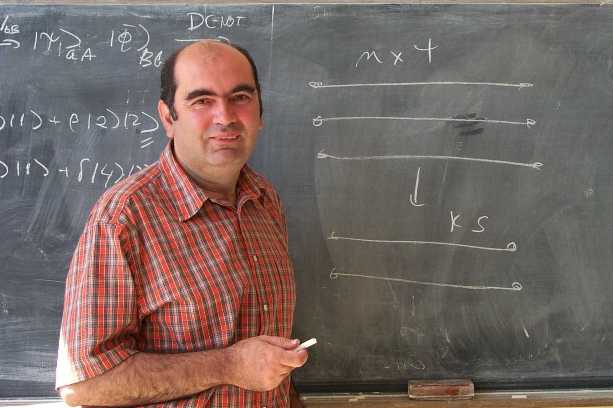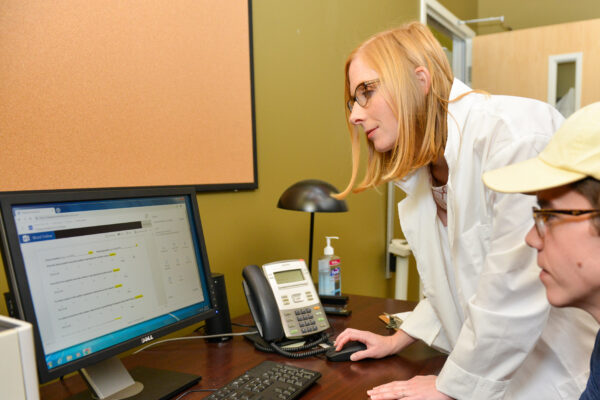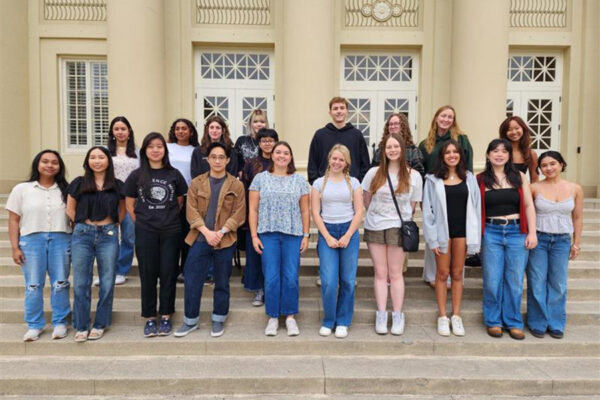“He’s one of the best popular speakers I’ve ever heard, and he’s speaking about one of the most exciting topics in physics,” says Jeff Tollaksen, Ph.D., theoretical physicist and director of Chapman University’s Center for Excellence in Quantum Studies.
He’s talking about Sandu Popescu, Ph.D., professor of physics at the University of Bristol, England and discoverer of some of the central concepts in the emerging field of quantum information and computation.
Dr. Popescu will give a free talk on Monday, Nov. 21 at 12 noon in the Bush Conference Center, Beckman Hall 404, and all members of the Chapman community are invited to attend (students, faculty and staff). His topic: “What is Quantum Non-Locality?” It’s a fascinating subject for scientists and the public alike, delving deep into the strange and oddball world of quantum studies.
One of the weirdest aspects of the behavior of miscroscopic particles, such as electrons, photons and atoms, is so-called “quantum non-locality.” As in, two particles that are widely separated in distance can still apparently influence each other’s actions or behaviors. How can this happen? How can quantum physics explain the mystery?
In his talk, Dr. Popescu will explain it at a very popular level (with no mathematics). He will also present some of the uses of non-locality for quantum information and communication — strange effects such as teleportation — and will discuss the implications of non-locality for understanding the very foundations of quantum mechanics.
Dr. Popescu is the Hewlitt-Packard Professor of Theoretical Physics at the University of Bristol (U.K.), and is one of the world’s foremost experts in the field of quantum information theory and foundations of quantum mechanics. He is the recipient of the 2011 Bell Prize and, we are proud to say, is a visiting professor here at Chapman University.
Bring your lunch – and refreshments will also be offered. Don’t miss this unique opportunity to hear one of the world’s top scientists talk about one of the most fascinating fields currently being studied.





Add comment